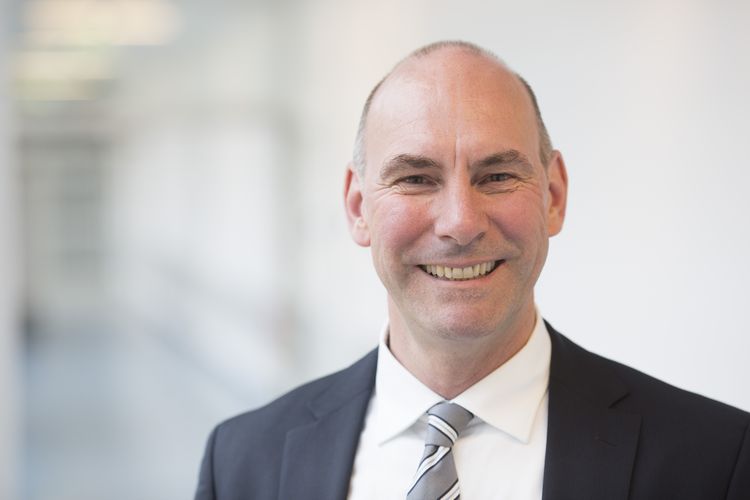Oesophageal cancer can be cured by surgery if the cancer has not spread. “The chances of recovery increase significantly when surgery is combined with additional perioperative therapies,” says Professor Florian Lordick, oncologist and Director of the University Cancer Center Leipzig and the Cancer Center Central Germany (CCCG). There are different complementary treatments available for this, but until now it has not been clear which one is most effective in fighting cancer.
The clinical trial involved 25 cancer centres in Germany. It included patients with adenocarcinoma, the most common form of oesophageal cancer in the country. This type of cancer develops in the lower oesophagus, where it joins the stomach, and is caused by the reflux of stomach acid. In the long term, this irritates the oesophagus and eventually causes malignant cell changes, which are the basis of oesophageal cancer growth. The risk of oesophageal cancer is increased by obesity, smoking and alcohol consumption. There has been a dramatic increase in the incidence of the disease in Germany in recent decades.
Better survival rates
The ESOPEC trial looked at a combination of chemotherapy and radiotherapy before surgery (“CROSS”) compared with intensified chemotherapy both before and after surgery (“FLOT”). “Both methods are better than surgery alone, but worldwide, CROSS is preferred,” says Professor Jens Höppner, head of the clinical trial and Director of the University Clinic for General and Visceral Surgery at Klinikum Lippe, which is affiliated with Bielefeld University.
Between 2016 and 2020, 438 patients from Germany with oesophageal adenocarcinoma took part in the trial. For more than four years, the number of people who relapsed and the number who died from the disease were tracked. The results show that patients who received FLOT chemotherapy before and after surgery had better survival rates than those who received CROSS chemotherapy and radiotherapy before surgery.
Important step for future treatment
Three years after inclusion in the study, 57.4 per cent of patients in the FLOT group were alive compared to 50.7 per cent in the CROSS group. This represents a statistically significant lower risk of death for those treated with FLOT. The gap between the two groups widened further after five years. The safety of FLOT chemotherapy was comparable to that of the less effective CROSS radiochemotherapy.
The results show that perioperative chemotherapy significantly improves survival in oesophageal cancer. According to Professor Lordick from the University of Leipzig Medical Center, the results of the trial have already changed national and international guidelines for the treatment of oesophageal adenocarcinoma. “They have recently been revised for both Europe and Germany,” he says. Perioperative FLOT chemotherapy is now the preferred recommended treatment method for patients with operable adenocarcinoma of the oesophagus. “This is an important step for the future treatment of oesophageal cancer,” says Professor Lordick.






























































